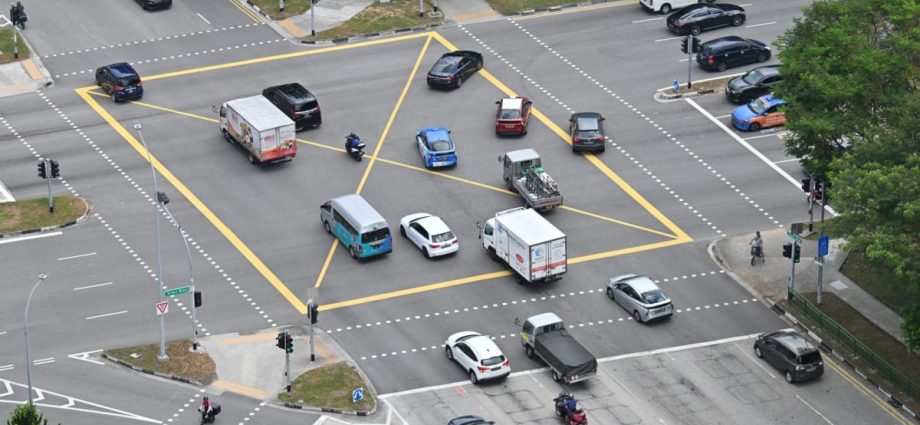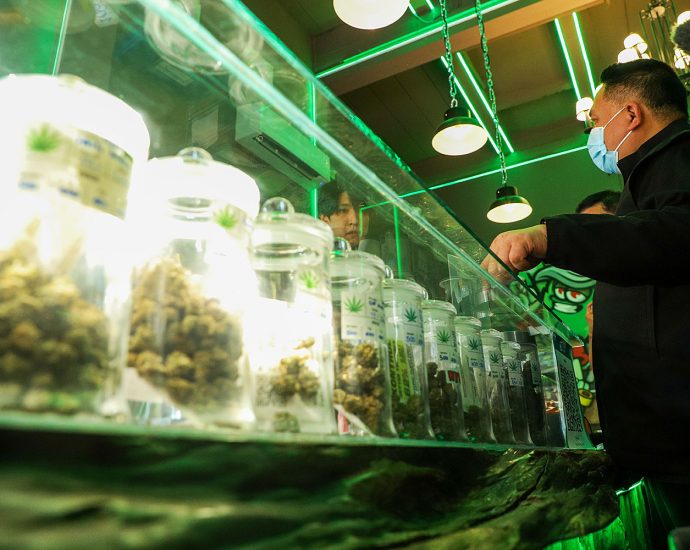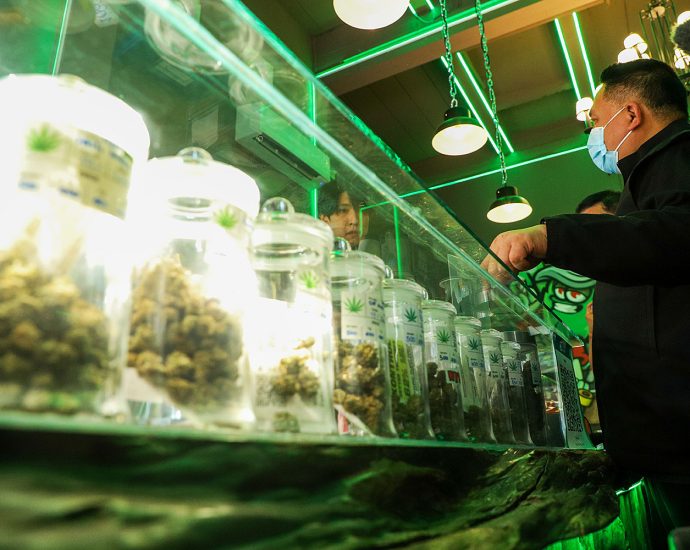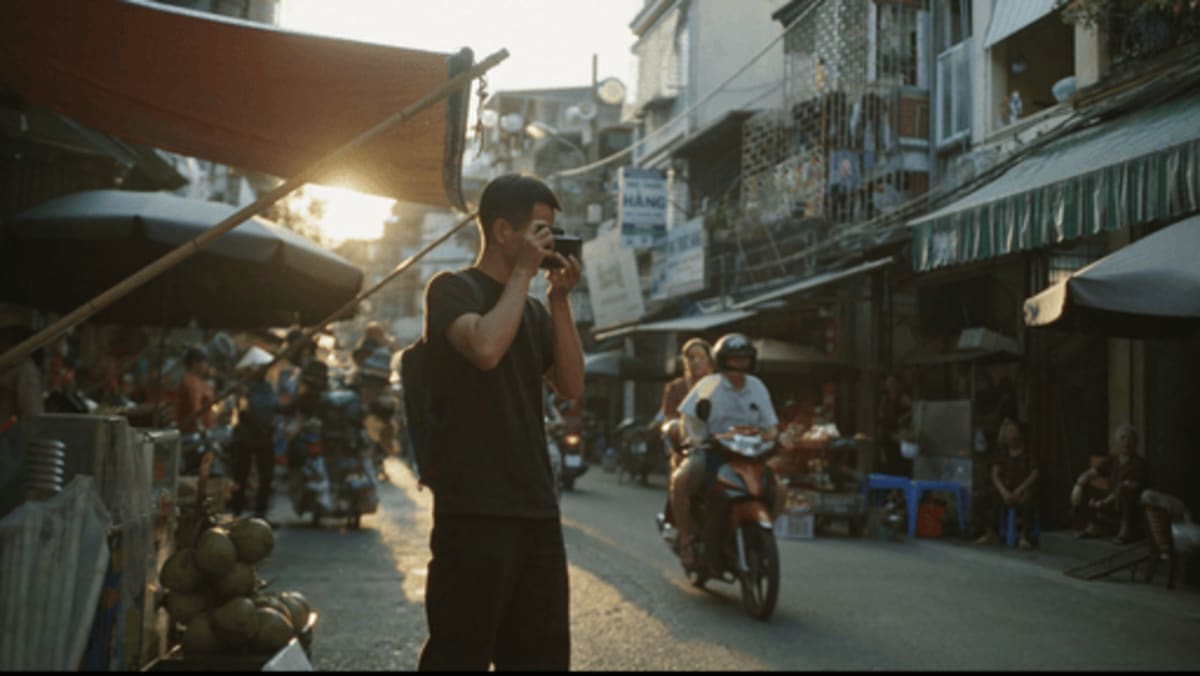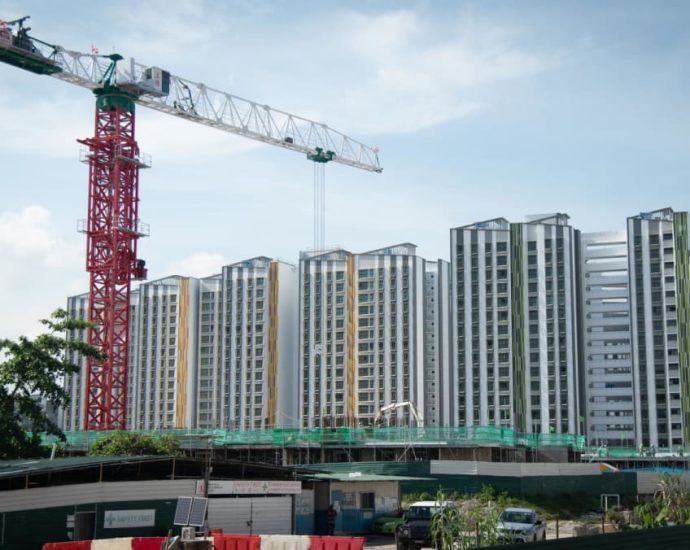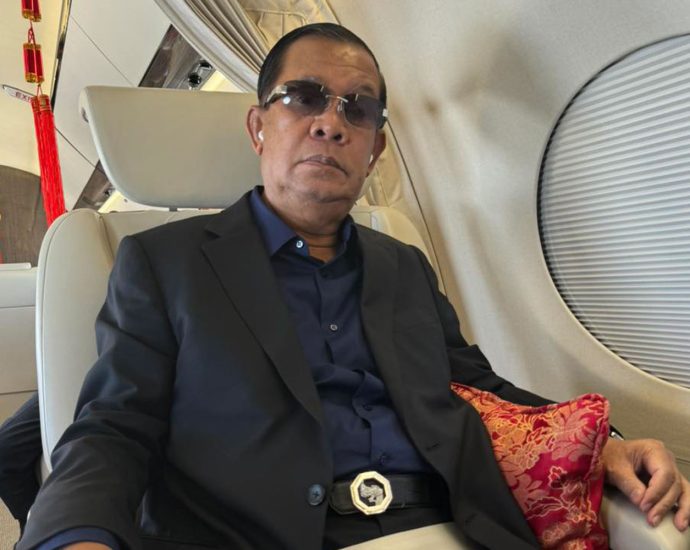COE premiums for cars down again; Open Category under S$100,000 for first time since May 2022
SINGAPORE: Certificate of Entitlement (COE) premiums closed mostly lower in the latest bidding exercise on Wednesday (Feb 21), with the Open Category COE price at its lowest since May 2022. Open category COEs, which can be used for any vehicle type but end up being used mainly for large cars,Continue Reading

